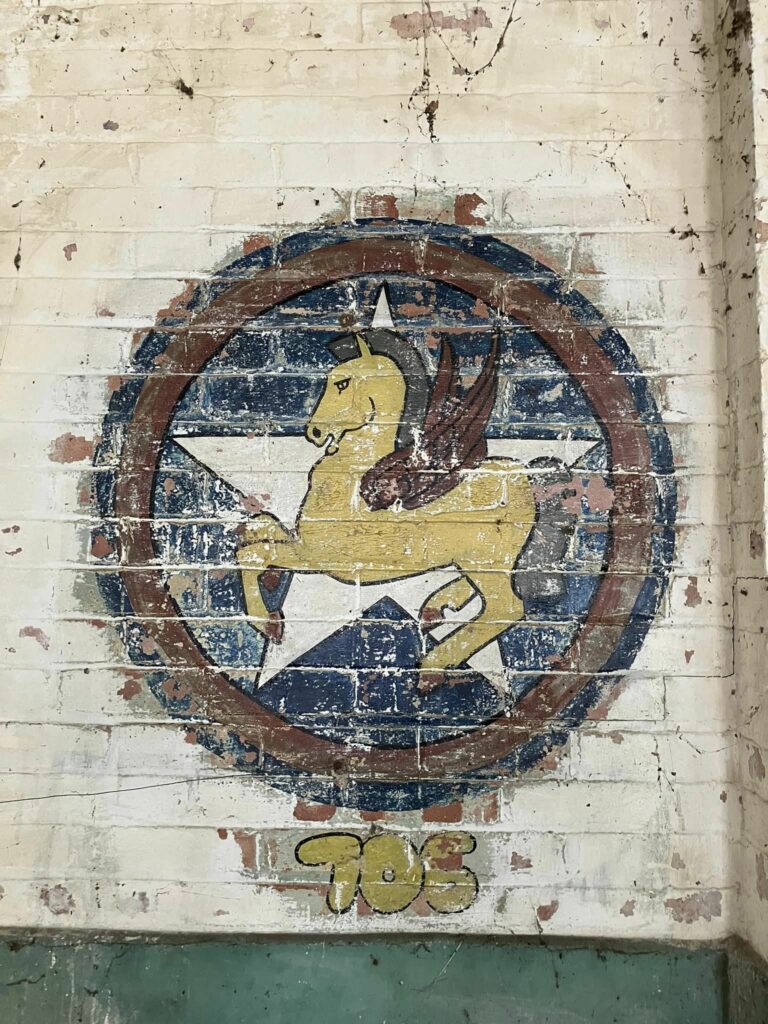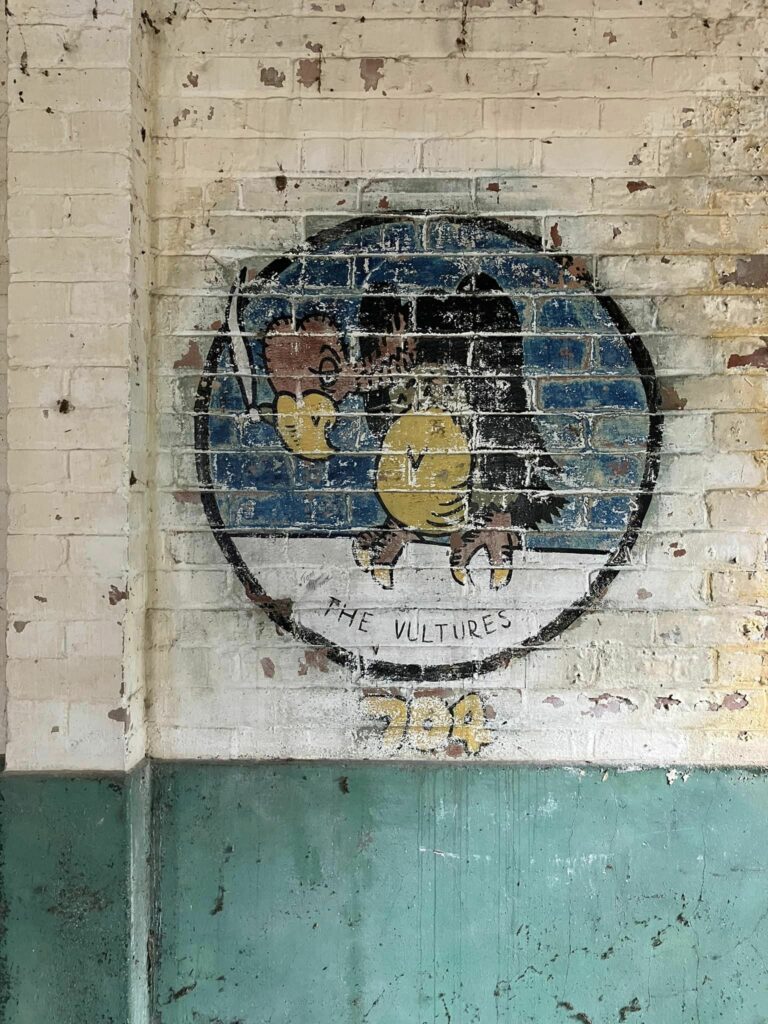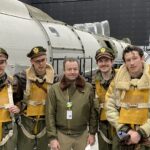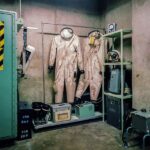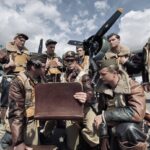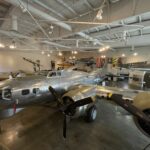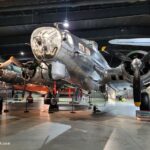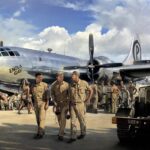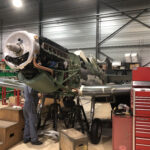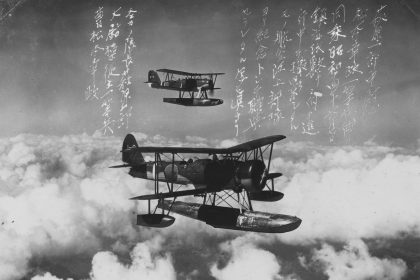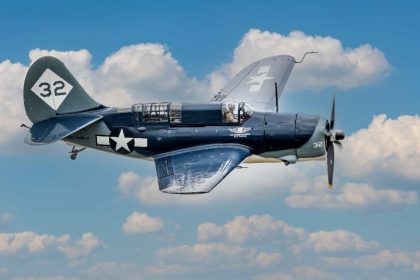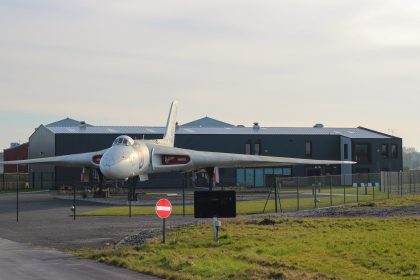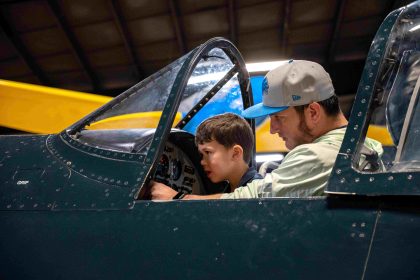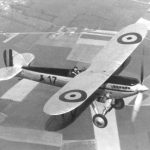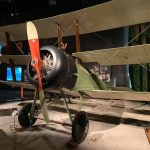PRESS RELEASE
The USAAF Heritage Trust (USAAFHT) is the result of a quest, extending back several years, to find a suitable location to create a heritage center for the USAAF in the United Kingdom during WWII. Several locations had been considered or proposed, but in early 2022 we became aware that the communal site at RAF Bungay – Site 4 – could be available following the death of the owner, who had expressed a wish that the site be saved if possible for posterity. As a result, with the full support of the family, we embarked on the journey that has brought us to an agreement to take possession of Site 4 to create a USAAF Heritage Centre.
The USAAFHT was formed by four friends (Tony Goff, David Pratt, Clive Stevens and Chris Warne) who have a decades-long passion for the USAAF in the UK, encompassing many of the different aspects and functions, including the Eighth and Ninth Air Forces and the supporting organizations and units, and are determined to ensure the USAAF Heritage Centre tells the complete story of the USAAF in the UK during WW2, from the construction of the airfields, the impact on the local population, the operational aspects of the USAAF, through to the end of the conflict and the lasting legacies that remain.
The construction of RAF Bungay commenced in 1942 by civil contractors Kirk & Kirk Ltd, and although construction was not complete until autumn 1943 the airfield was in use by transiting and temporary deployment units from October 1942. The main residents of RAF Bungay during WW2 were the 446th Bombardment Group, who arrived with their B-24 Liberators in November 1943 to join the Strategic Bombing campaign being conducted by the Eighth Air Force. The 446th would fly their last mission on April 25th, 1945, and return to the United States through June and July of that year.
Site 4 was constructed as one of two communal sites at RAF Bungay, and was located to the west-southwest of the main airfield. The site has remained largely intact over the past 78 years primarily due to it being owned by the same family and it has been in productive use for their farming-related activities. The site extends over eight and a half acres and retains all major buildings that provided the Enlisted Mens Communal Services including mess halls, shower/ablutions blocks, PX, medical and dispensary, backup generator set, and the Aero Club. The Aero Club staff accommodation building also remains, although it’s probably the most degraded of all buildings on the site. In summary, Site 4 is, without question, the most complete USAAF communal site remaining in the UK and retains many features that make this site unique.
The USAAFHT was formed as a Charitable Incorporated Organisation (CIO) in the UK, which affords the Trust a number of benefits associated with a not-for-profit organization, Chris Warne told Vintage Aviation News.
“We launched the USAAFHT, and the plan we have for Site 4, on January 1st, 2024 on a dedicated Facebook group and in a little over 2 weeks, membership had grown to over 2000 people. Following requests to donate funds towards the project, we started an initial GoFundMe page which exceeded £2000 in as many days,” Warne said. “We have received countless offers of help, from joining work parties at the site, assistance with CIO matters, videographer services, donations of artifacts to be displayed at the Centre, and numerous other services that will be of great assistance to the project, over time.
“Our vision is to return Site 4 back to how it appeared in 1944, as far as its possible and practical, and to develop around the framework of original buildings a living Heritage Centre. We acknowledge this is a huge undertaking that will require very significant investment and take many years to complete. The site will be developed in three phases, each with a distinct purpose that will preserve, conserve and/or restore the most precious assets whilst allowing the Heritage Centre to become accessible to the public at the earliest opportunity.”
To learn more about the project, or if you would like to volunteer, please visit the USAAFHT’s Facebook group. If you would like to donate to the project this can be done at the Trust’s GoFundMe page.







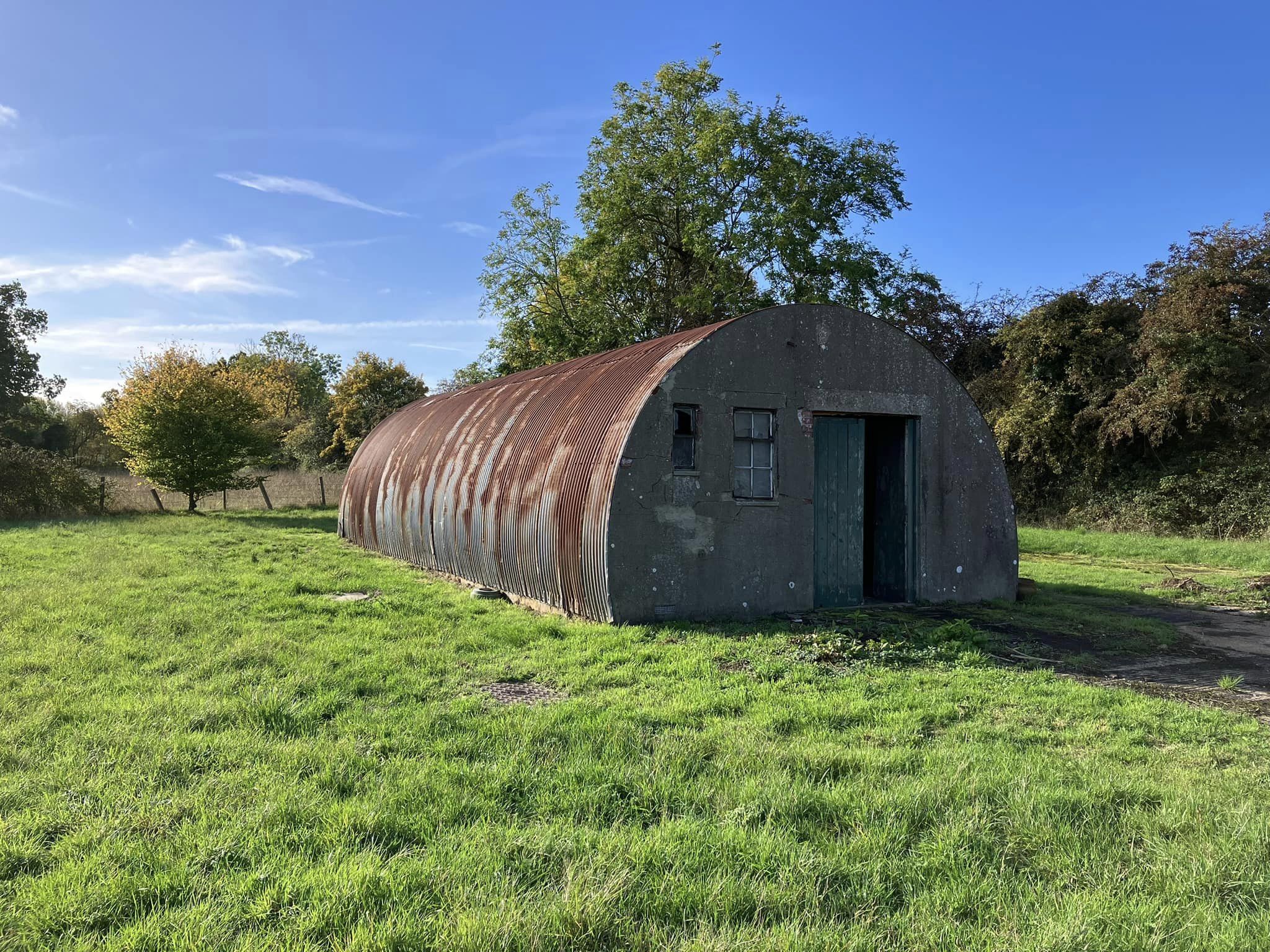

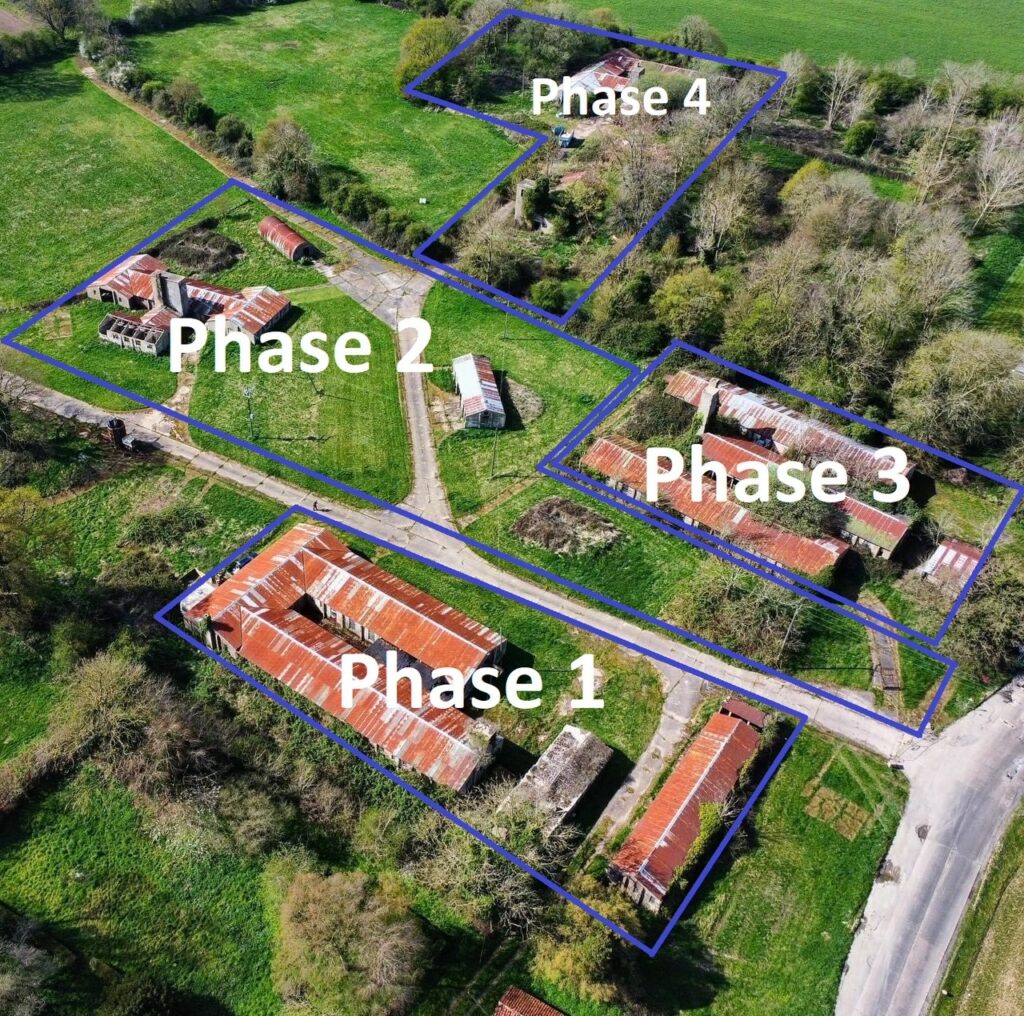
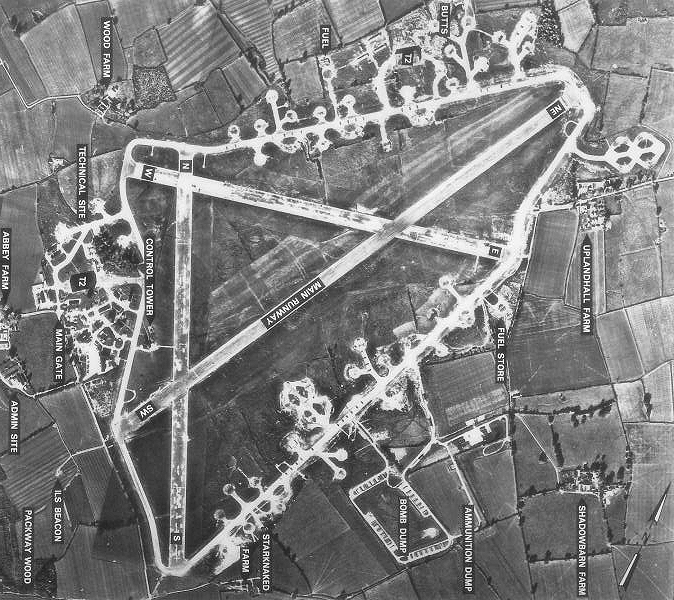
![USAAFHT Fundraiser to Preserve Part of Eighth Air Force Base 12 Members of the USAAF Heritage Trust discuss the Site 4 project. [Photo via USAAFHT]](https://vintageaviationnews.com/wp-content/uploads/image2-8-1024x768.jpeg)
